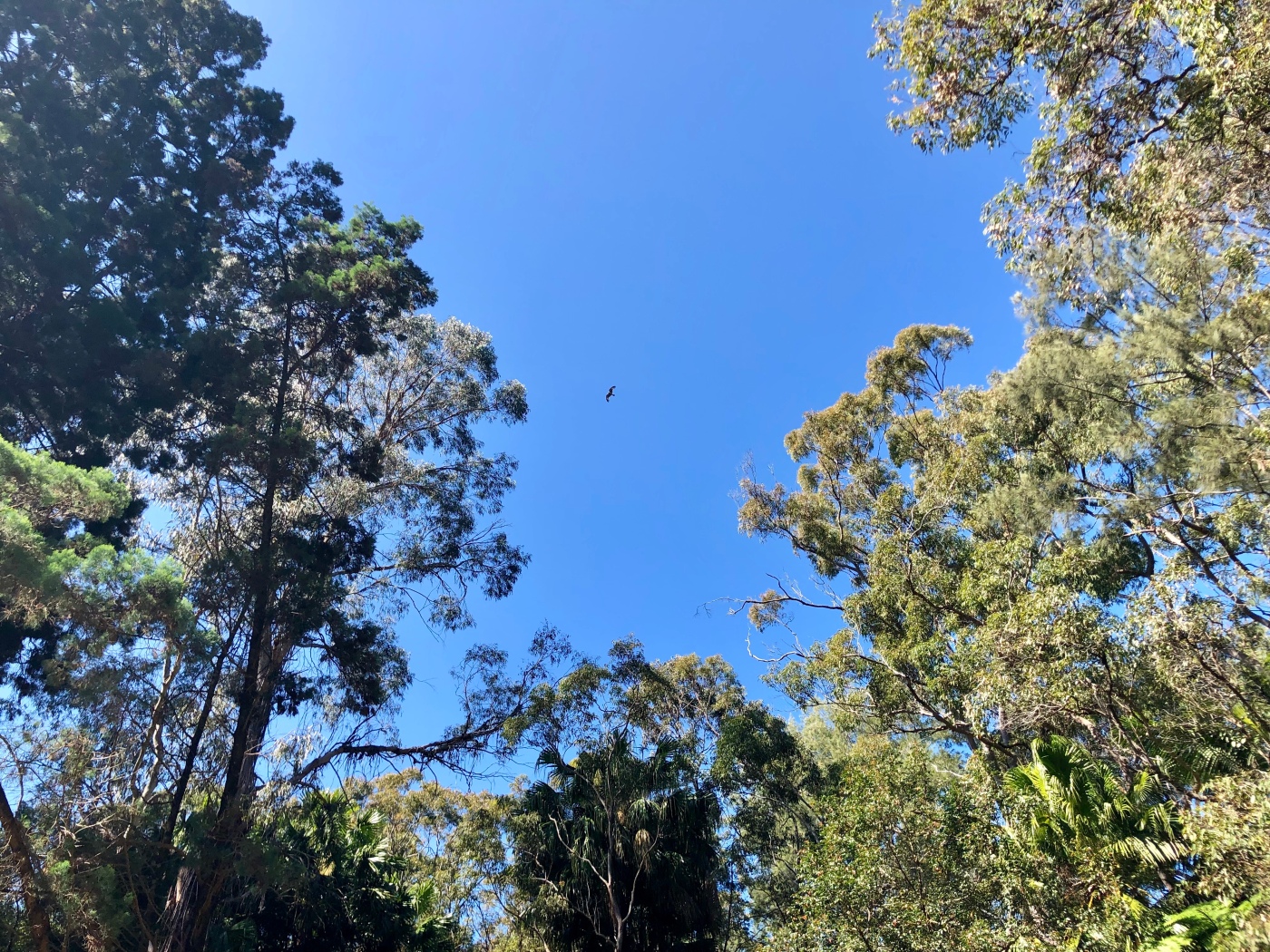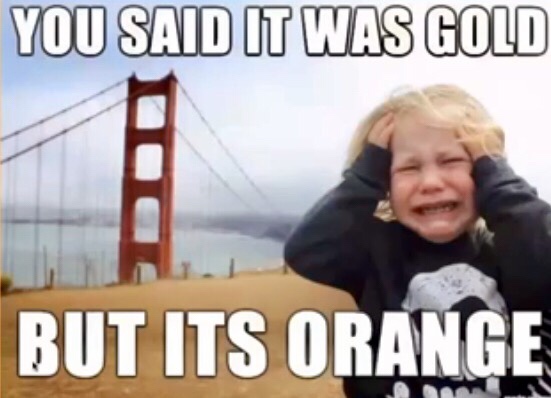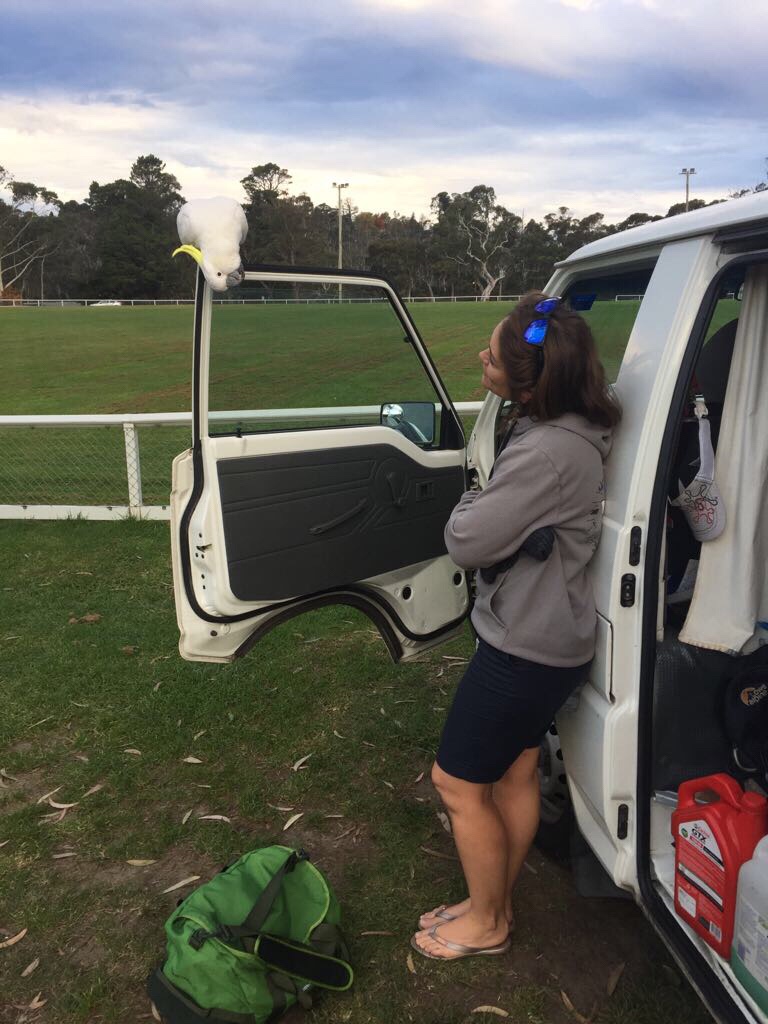It’s been four months now since my husband, Michael, died. Inside the storm I’ve been pondering, digesting, reading, observing, crying (obviously) and talking and now, more than ever I feel passionate about how we all choose to communicate with each other.
For context, in my professional life, I’ve spent the last 15 years working with businesses and helping managers to communicate with their staff, customers and each other. It’s a passion for me, helping people to communicate with each other in a constructive way that will help them to achieve what they want to and cope with change in their environments. Sometimes my work has included advising and handling, ‘crisis communications’. For example, how to handle communications should a fatality take place at an oil manufacturing plant.
On 27 March, Michael and his student Alannah were involved in a tragic skydiving accident. Neither of them survived.
In the immediate aftermath of the accident, the most difficult part that I encountered, other than the emotional distress of the situation, was how information was communicated.
When an accident happens, in skydiving or otherwise, communicating the right information to the right people becomes a time-critical, life-or-death task. The access to information that we al have today through our multiple mobile devices and the internet is unprecedented, in both its immediacy and its power. In particular, social media platforms provide not just a source for us to obtain information but to broadcast it too, whether intentionally or unintentionally. And its reach is truly global.
Let’s look at a few typical reactions that we might have after an incident…. ‘Something’ has happened and you think a friend of yours is injured. Things you might choose to do could be:
1. Posting statements or questions on your friend’s Facebook page
2. Posting statements or questions on your friend’s partner’s Facebook page or sending them messages, texts etc.
3. Sharing information that you have seen / heard / obtained from people at the scene of the accident with others via texts, Facebook, messenger services, Whatsapp etc.
Do you know if these actions will actually help or hinder? Here’s a view from inside the storm and some questions to consider…
1. Posting statements or questions on your friend’s Facebook page
Question: When a friend / loved one is involved in a serious accident, will they be checking/answering/looking at Facebook?
Let’s be honest, they’re probably not. IF they have the capacity to do anything, they will be trying to get a message to their nearest and dearest that they are ok, through whatever channels they normally use.
So, if we post something on their Facebook page, such as;
“Oh no it can’t be true!”
“Are you ok mate?”
“What’s going on?”
… we are pretty much walking into the living room of their mum / dad / aunt / spouse / best friend / cousin / anyone who knows them plus the media, with an ENORMOUS BLINKING NEON SIGN AND A LOUD HAILER saying,
“Your son / husband / nephew / friend MIGHT have been really badly injured, even dead, but I don’t know anything about it or have any other information for you about when, how or where they might be.”
The potential lesson here? This action doesn’t help anyone. In fact, in the case of Michael’s accident, it hurt a lot of people whom he loved. It created panic and a spread of misinformation. It also fed information to the media.
2. Posting statements or questions on your friend’s partner’s Facebook page or sending them messages, texts etc.
Question: When your friend’s loved one is involved in a serious accident, will your friend be checking/answering/looking at Facebook?
From my experience, they are not going to be looking at Facebook. Your friend’s partner (IF they know anything yet) is in a highly stressful situation and needs to be able to use their phone to establish contact with emergency services, immediate family, make travel arrangements etc. Don’t expect them to respond to you unless you are a very close mate. If they do respond, you’ll know they need you.
The consequences of contacting this person in a publicly visible forum like Facebook is exactly the same as the first example, above. But now you’ve entered another family/friend circle with that loud hailer and that neon sign.
The potential lesson here? This activity doesn’t help. In the case of Michael’s accident, it caused me and my immediate family and friends a lot of distress.
3. Sharing information that you have seen / heard / obtained from people at the scene of the accident, via any communication channel.
Question: Why do you need to share this information? Are you authorised to share this information? Is the information already public knowledge or not?
This one’s the kicker peeps… Passing on information from an incident when you are not performing a role in the incident is extremely dangerous as it becomes uncontrolled.
Here are a few examples of how damaging this action can be:
As I waited to board a plane in Sydney, desperate to get to Michael’s side and having just spoken to the surgeon standing next to him in the operating theatre, an experienced skydiver working in the industry in a different State tried to tell me over the phone that Michael was dead.
In the meantime, another individual, also in a different State, announced Michael’s death via group email (bizarrely including Michael and myself in the email too).
Now, I am an atheist but I prayed for an hour solid whilst flying from Sydney to Coolangatta that night. When I landed, I didn’t know if he had survived that hour or not. As I turned my phone on to establish a call with the hospital, I started receiving an avalanche of communications from people sending me their condolences.
The people mentioned above felt they knew the facts because information had been passed on to them from others. Neither of them were at the scene, nor performing any role in the handling of the incident (then or since), nor even in the same State. The onwards spreading of the mis-information that took place created immense distress to me, Michael’s family, my family and many of his and our close friends who are located all over the world and in different time zones.
The potential lesson here? This action can really, really hurt people unnecessarily when incorrect information gets out. Furthermore, it can rob people of the opportunity to inform their family and friends of a death when it does happen.
(BTW I’m desperately trying to find a way to tell you these stories honestly but sensitively, in a way that helps people to understand what can happen, but without any bitterness, blame or judgement on my part.)
I’m sure we can all spot the themes here. So what can we all learn from what has happened? Here are a few things that you could choose to do…
Scenario: If you believe that that your friend may be involved in an accident:
1. Take a breath, STOP and think; how is the best way to get hold of this person? In particular, if I choose to communicate on a public social forum, what repercussions might that have?
2. Call your friend by phone. If this fails, text them. Try to establish communications with them directly, one-to-one.
If they are ok, they will answer. If they are not ok, be prepared for the fact that they won’t answer.
3. Physically go to your friend’s house/ the dz / where you believe they are. When you get there, find out who’s in charge. If you’re up to it, volunteer to help.
4. Otherwise, wait for news from official channels. OR if you are in their inner circle, from their partner, parent, sibling etc.
It’s really, really hard but the main thing you might need to do in this situation is to WAIT and BE PATIENT.
Situation: you know the the spouse of a person involved in an accident (I mean really know them, as in you are in their inner circle of 3-5 closest friends):
Same as above…. call them and find out where they are and ask what you can do to help. Physically get to them if you can because they will be OUT OF THEIR MIND with worry and panic and potentially, grief. They will need your practical / physical help, a ride to the airport maybe, cash, a toothbrush, clothes. They will neither see nor give a $hit about a message you’ve sent them via Facebook.
Situation: you know an accident has taken place and you want to find out information about who, what, why, where:
1. Take a breath, STOP and think; why do I need this information? What am I going to do with it? Are there other people who should receive this information before me?
2. Ask yourself: if I choose to communicate on a public social forum, what implications would that have? Wait ten minutes to consider the consequences, then take your chosen action.
3. If you can’t get any information through private channels then you are far enough removed that you can wait for official reports to come out.
Situation: you know that a fatal accident has taken place and you want to share information about it with other people:
1. Take a breath, STOP and think; are you performing a role on behalf of the deceased’s family, the police, emergency services? If not, you need to think carefully about who you share information with, how you share it and what the repercussions may be, e.g. Media leaks, incorrect info reaching families.
What this all comes back to for me, is the view that the only people who are really qualified to announce a death, via social media or otherwise, are the deceased person’s immediate family, or the police. That’s my personal opinion. I respect that you will all have your own. I also respect that everyone has a right to grieve, however they choose to do so, and that the human need for comfort from others is a powerful natural response.
After Michael died, it was lovely to scroll through the photos and stories about him that people shared on the Facebook memorial page. It was even more lovely to personally receive a call, card, letter or email from people; that contact brought me a lot of comfort in the initial period afterwards.
I think I’ve said more than enough. Before I go, please take a moment to consider this; if you were badly injured or killed in an accident, how would you want the information to reach your partner, your parents, your sister or brother, cousin, mates …?
I hope you will accept my thoughts on this topic with my very best intentions. Please continue to look out for each other, on the ground and up in the beautiful blue room.
Please, please be kind to each other.
Kate x
*The content of this article is in no way intended to infer that any person who was on site at the accident on 27 March took part in any improper action nor intentionally spread misinformation. The author acknowledges that in the contextual examples above, individuals may have believed that they were acting on correct information and did so without any malice intended.
^ I will never forget, nor be more grateful, to the man who took on the task of calling me to tell me that an accident had taken place. David Gerraty, you brave soul. I’m forever in your debt.







